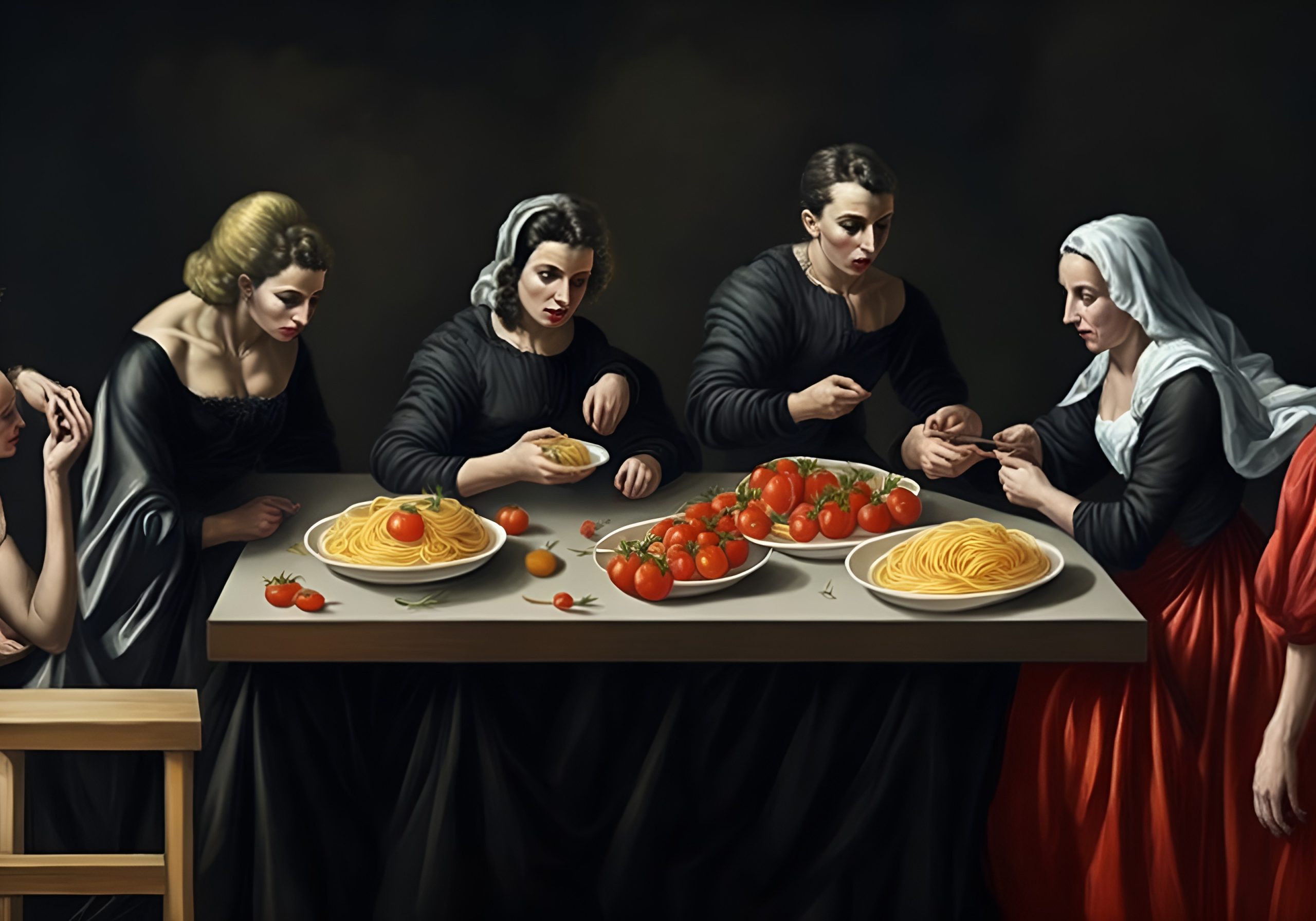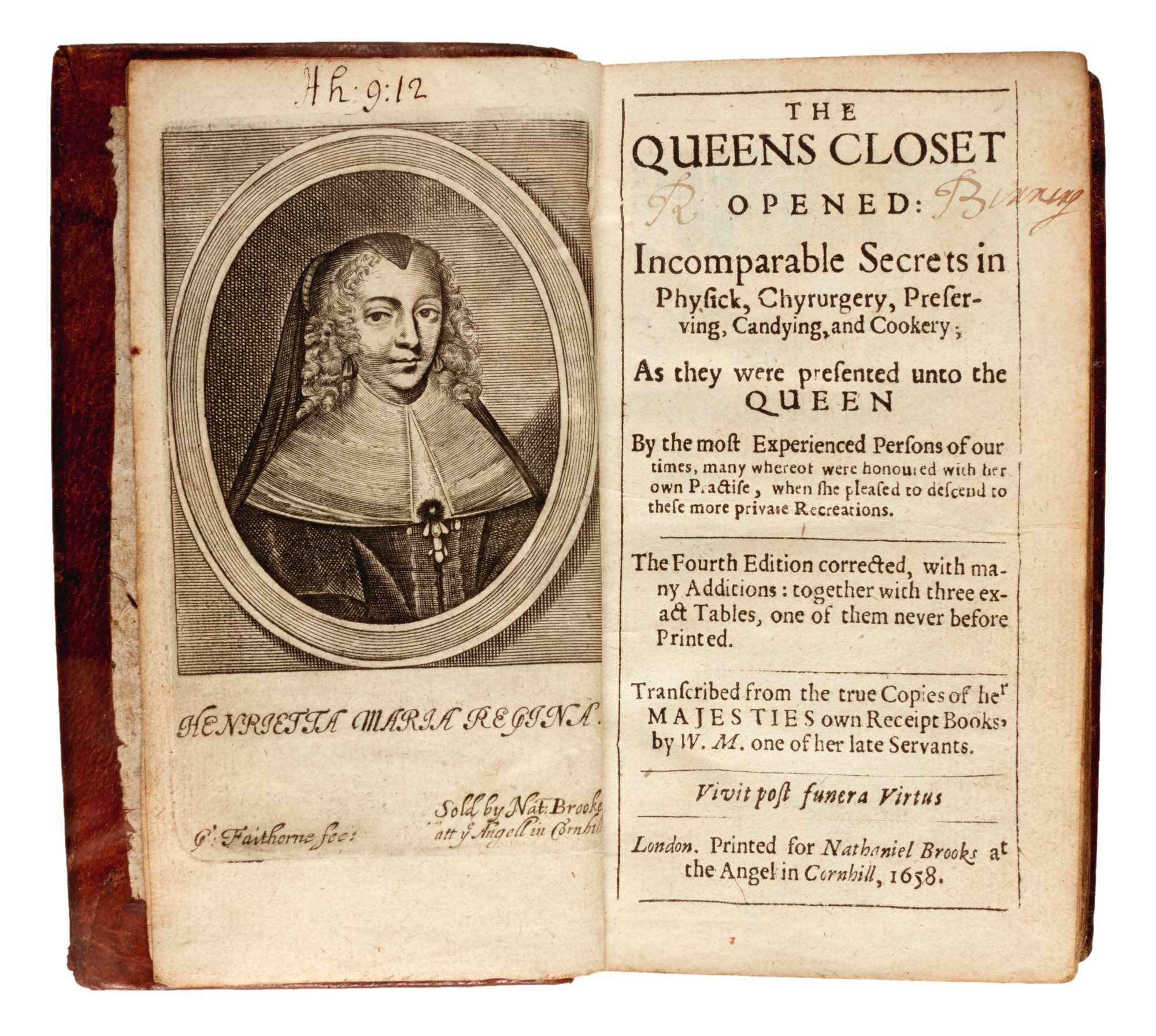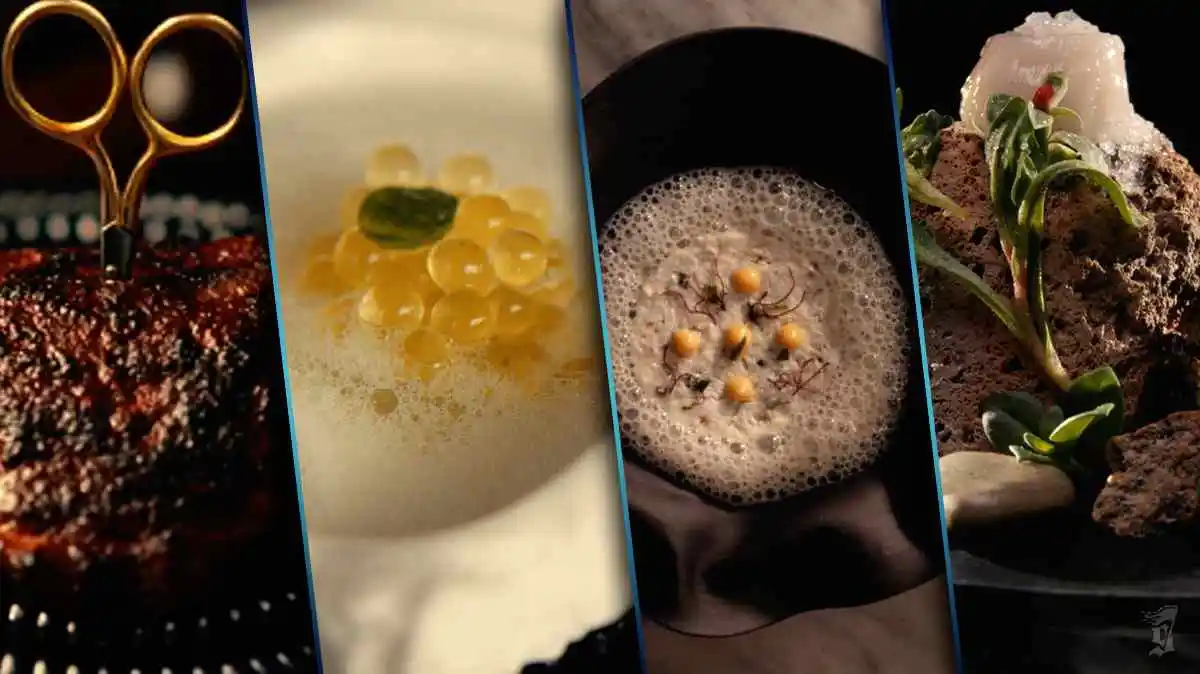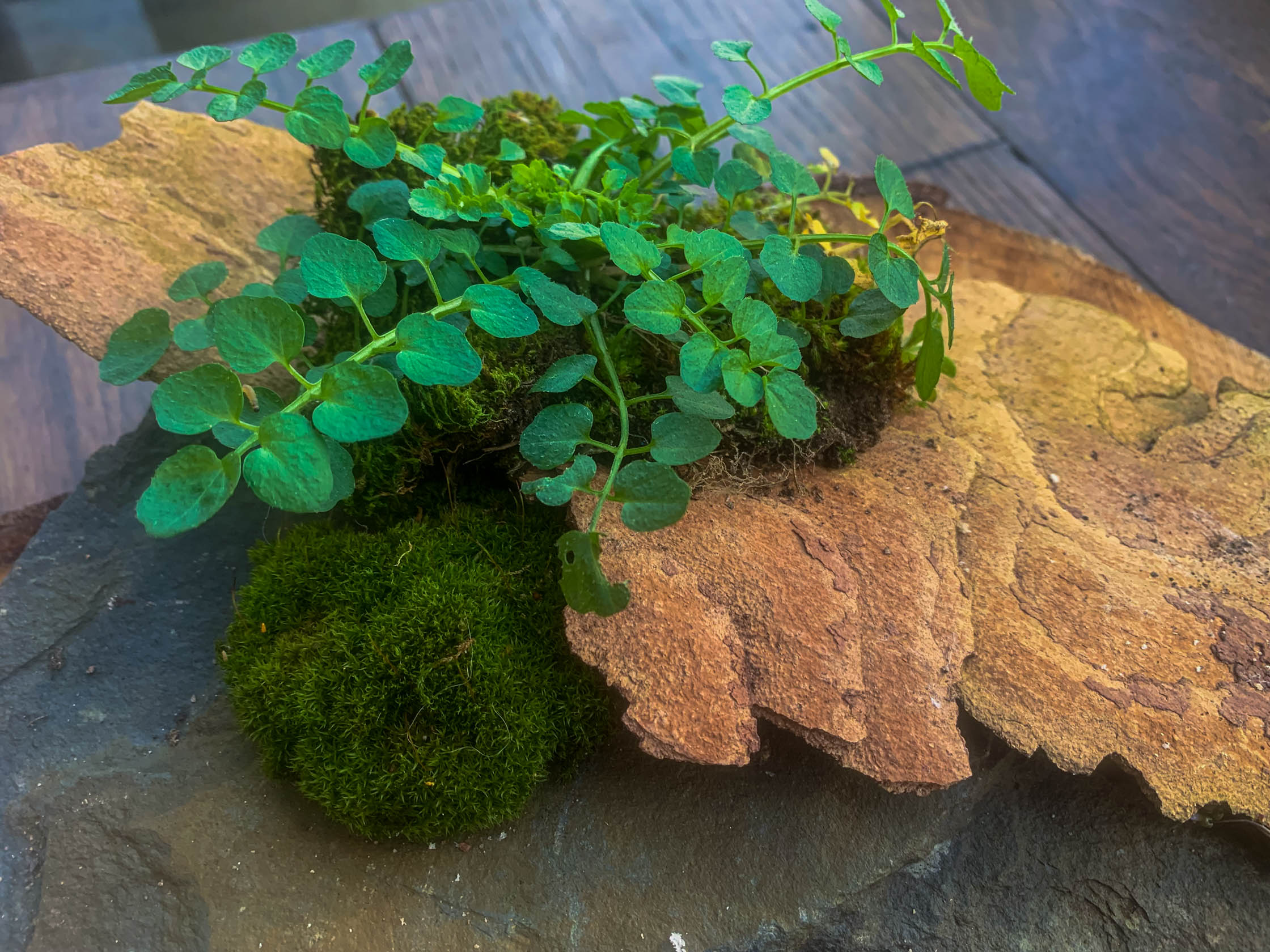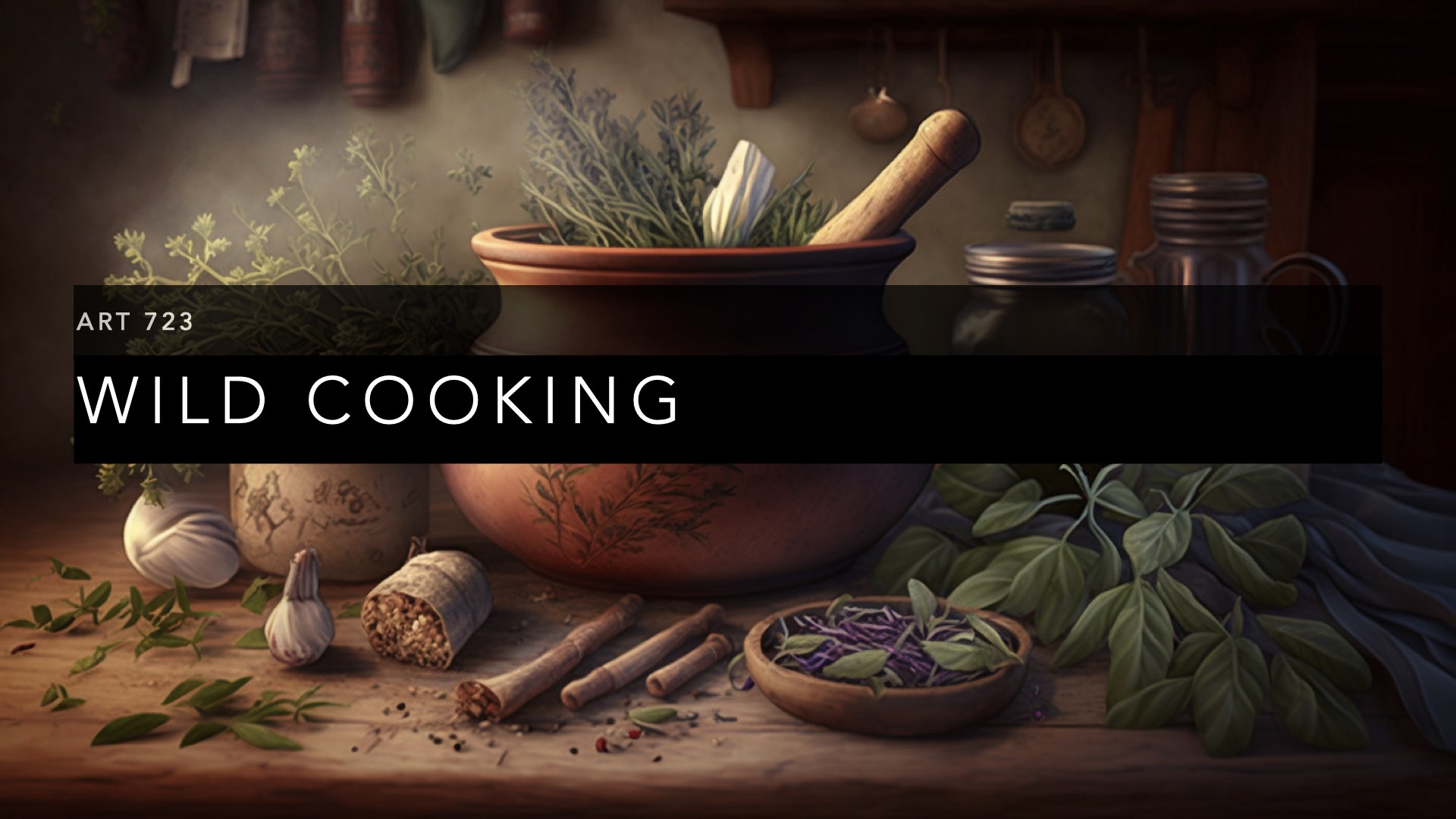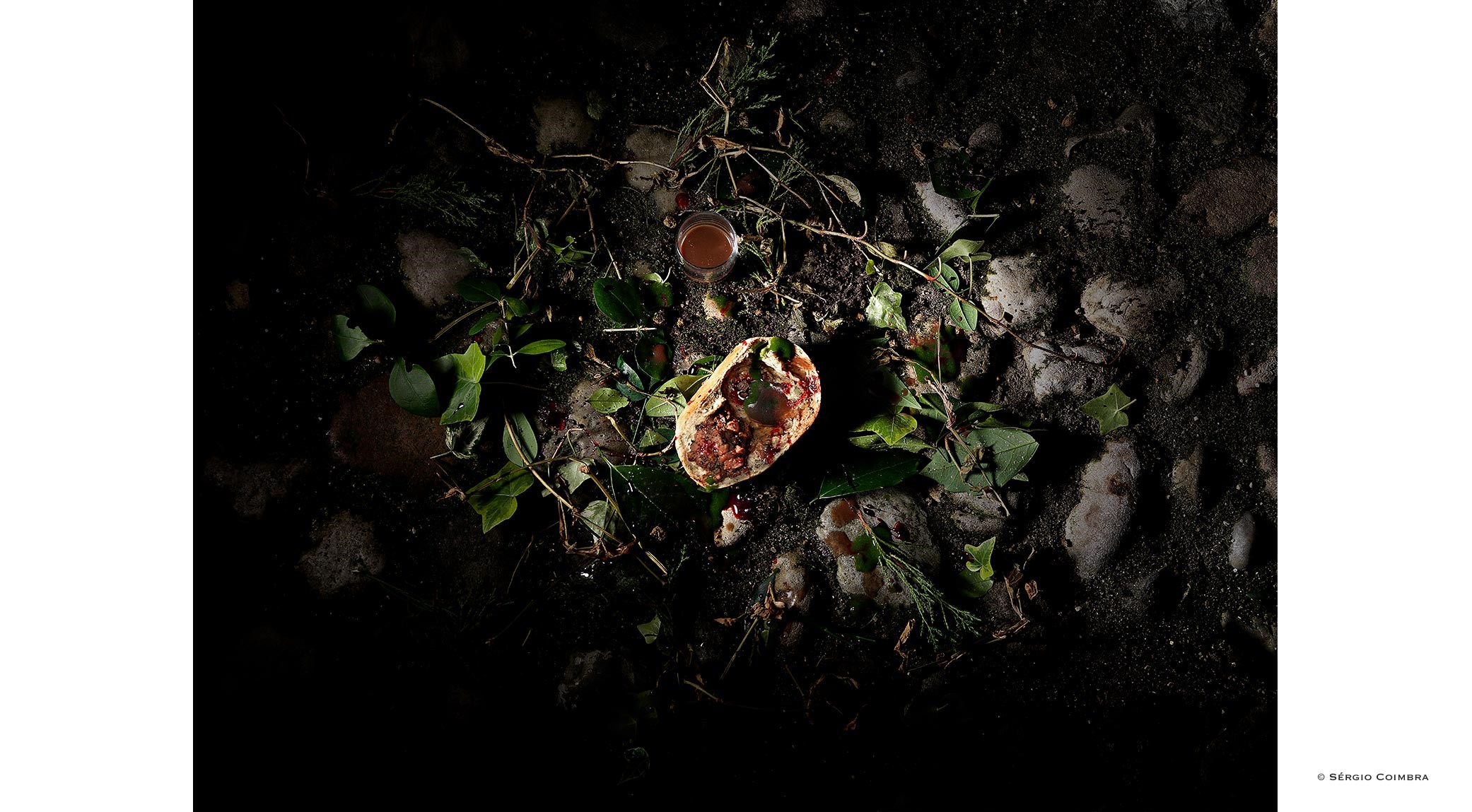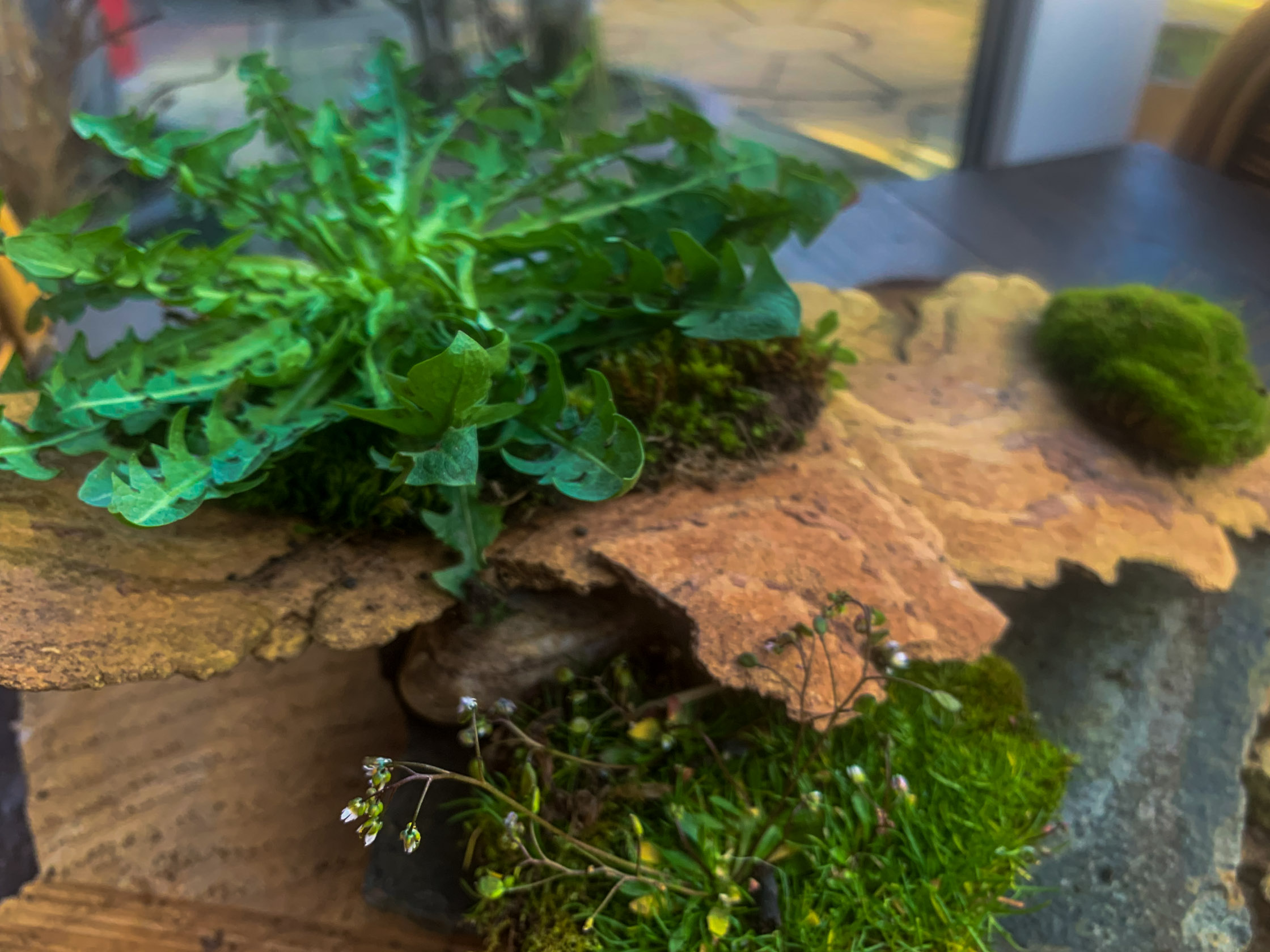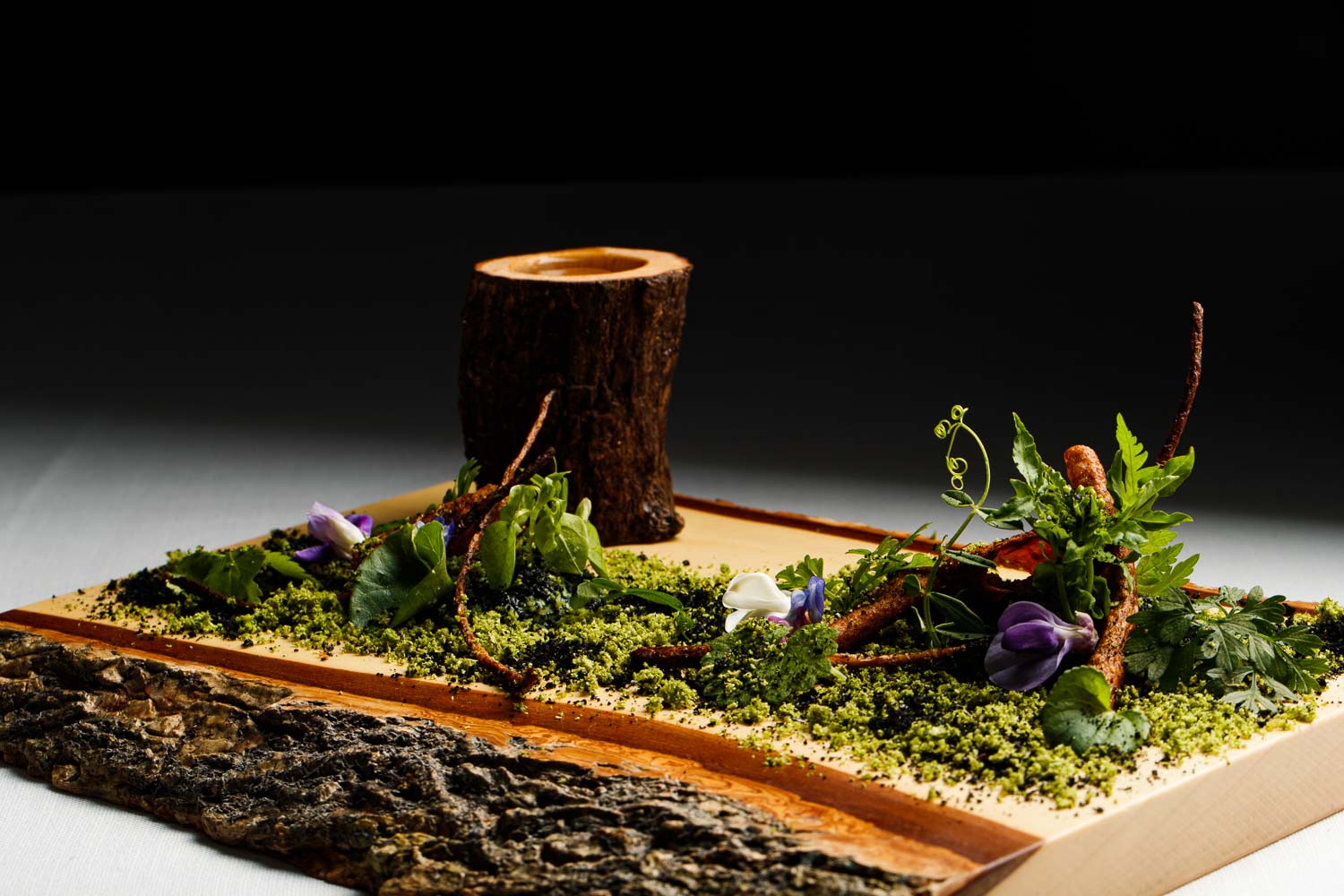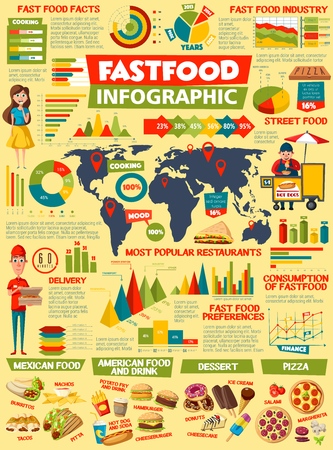ART-723-Interview with Michał and Pamela
Michał and Pamela are a young married couple who have a very good economic situation. They are very active professionally, they have no children. They are a couple very close to me. Michał is my nephew. It is a very interesting choice for this interview because I have known Michał since he was born, I know perfectly well the habits and eating habits of his family in which he grew up. Despite the openness of his parents to new flavors and attention to the quality and variety of food in his family home, Michał was a child, teenager, and young...


